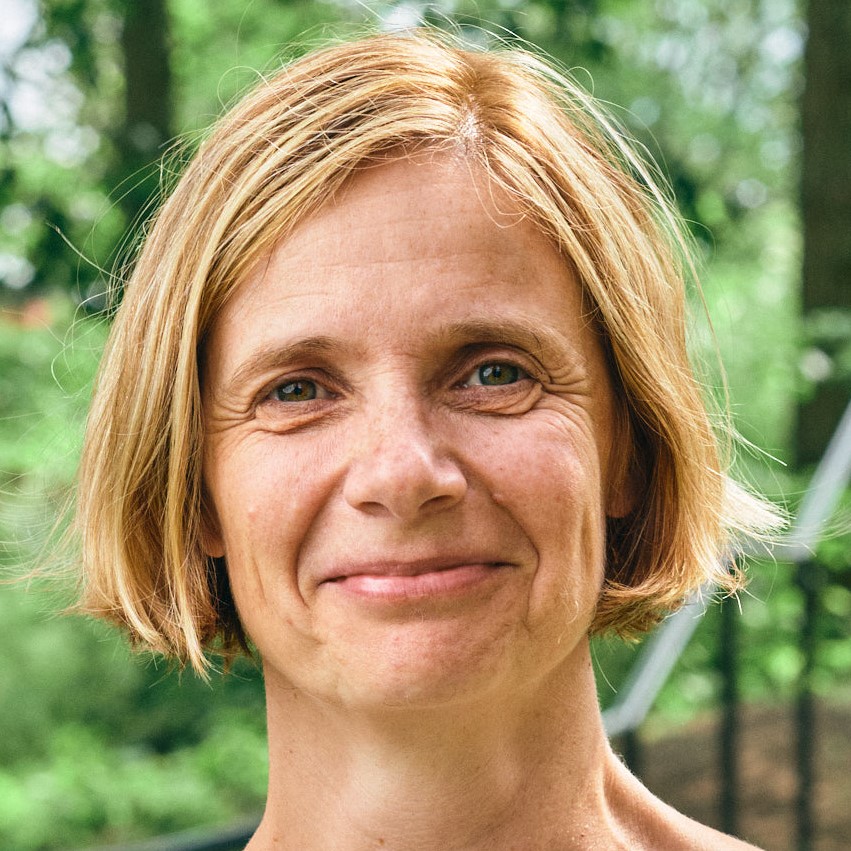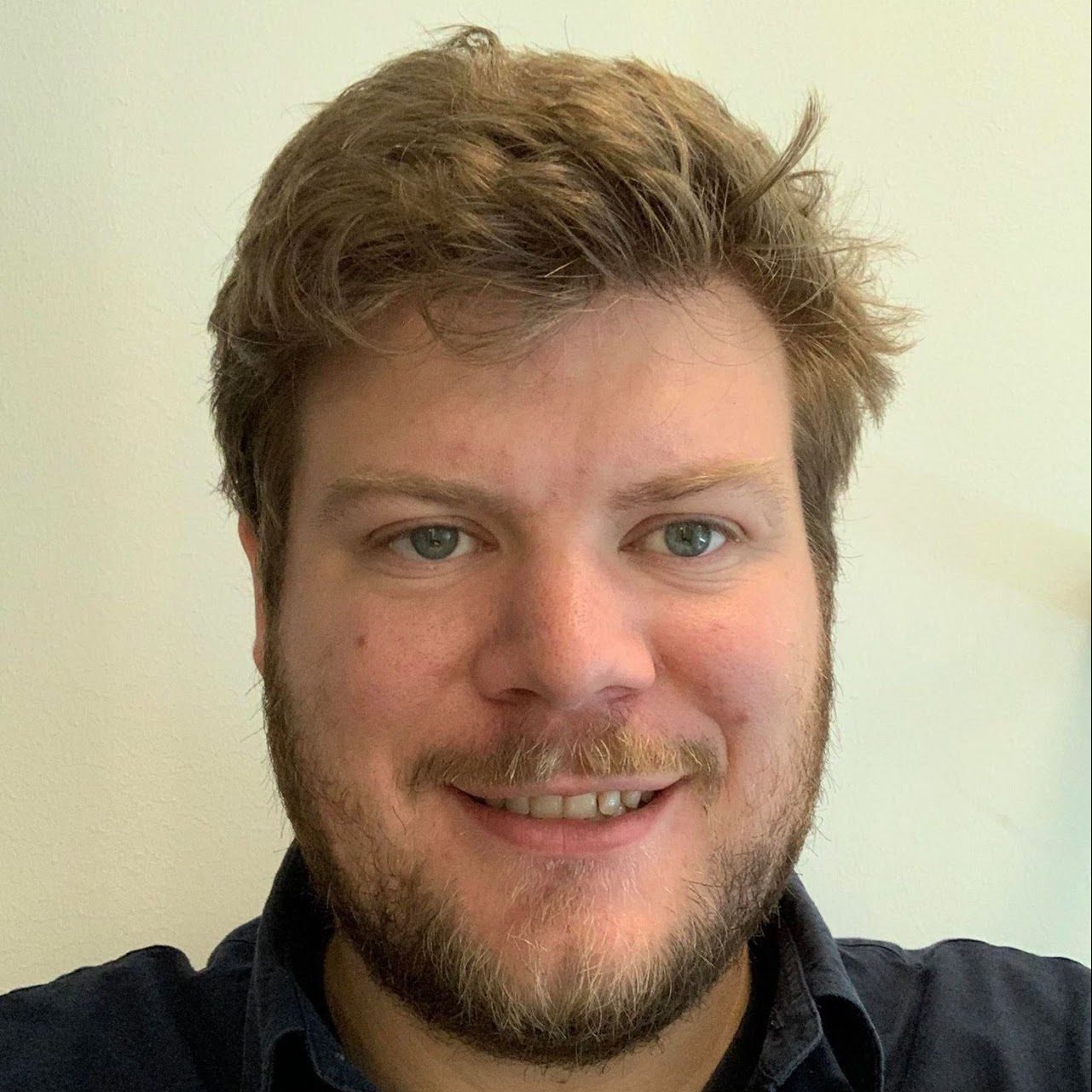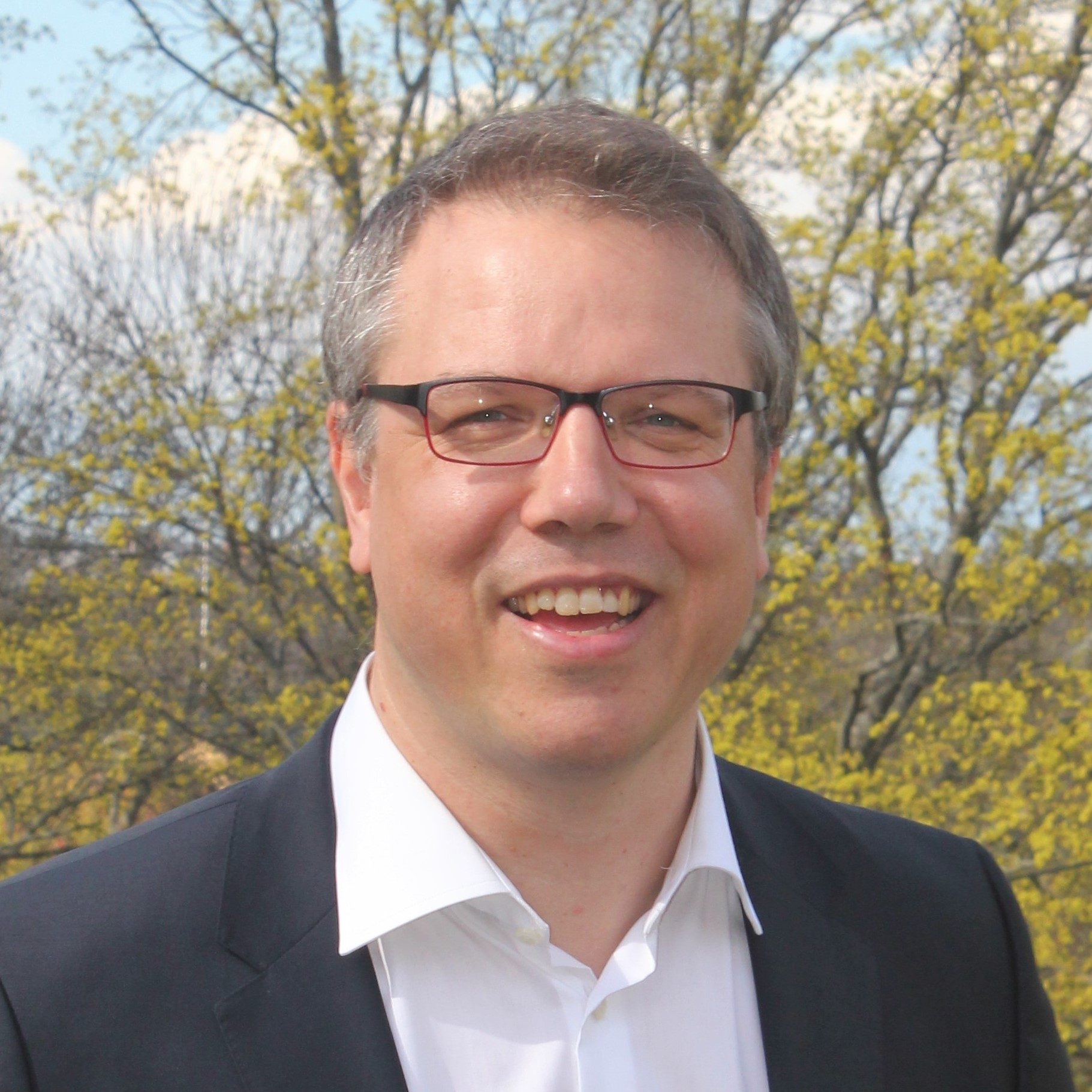About the project
Objective
This impact project focuses on one of the main areas of the Democritus collaborative project, the digitization of drinking water and wastewater networks. Based on the results of the Democritus project, the objectives of this impact project are the following:
- Demonstrate the viability of theoretical modelling to the water industry by applying the project results to address practical water network problems defined by SVOA and Stockholm City. The collaboration will increase digitalization-related know-how in the Swedish water sector.
- Demonstrate the theoretical results on pollutants and leak localization in small-scale water network testbeds within the international collaboration. This way, we connect the communities of experimental and theoretical research on water distribution networks.
The results will be disseminated through stakeholder workshops, open-source software and accessible video material.
Background
The Smart Society critically depends on large infrastructures like electrical grids or water distribution networks that need to operate efficiently, with predictable performance and meet strict safety and security requirements. In the Democritus collaborative project, we have investigated the problems of monitoring and managing these large critical infrastructures with the help of digitization. Within this large area, we focused on three main topics: (a) distributed learning over wireless networks, (b) learning accuracy and security in large systems, and (c) learning for detection and localization with application to water networks.
Cross-disciplinary collaboration
The team consists of experts from the School of Electrical Engineering and Computer Science and the School of Engineering Sciences at KTH, from Stockholm University and RISE, with research experience in network design and optimization, learning and decision making, security of cyber-physical systems, and large-scale experimentation. The project collaborates with SVOA, the Stockholm Water company.








